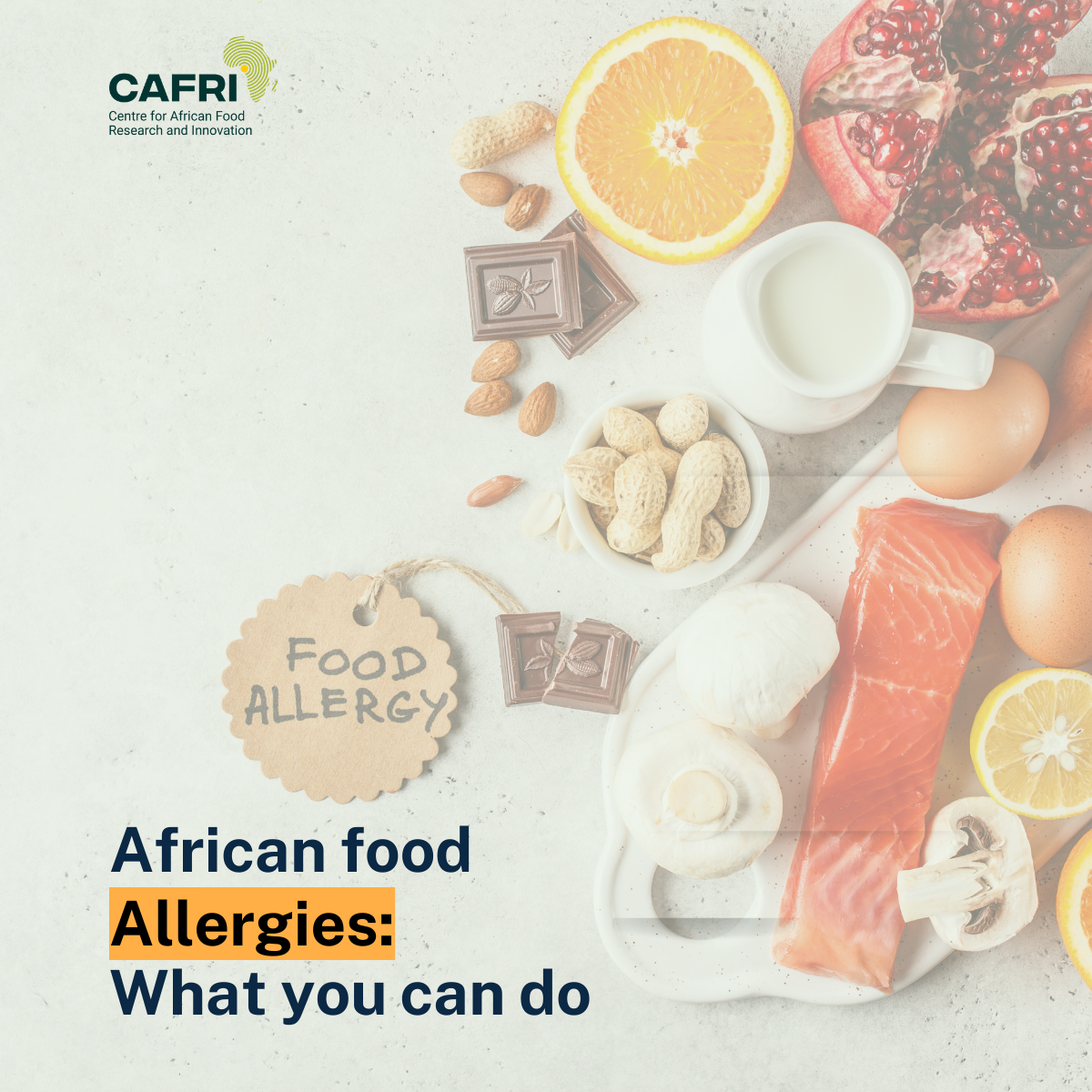Most allergy research and reports are carried out in Europe and America, and the data are extrapolated for Africans as there are few or no allergy data in Africa, especially from the rural areas. But does it mean there are no allergic reactions in Africa?
Not at all.
My observation is that only some people, and in some places, none at all, may report allergies to medical personnel, particularly in rural Africa, unless the consequences are enormous.
This lack of awareness and reporting leads to the underestimation of the extent of the problem, which is concerning. People suffer from allergic reactions every day, and many do not even know they are experiencing an allergic reaction.
It is, therefore, crucial to conduct comprehensive allergy research and management in Africa, particularly in Nigeria. Stakeholders, including researchers, food manufacturers and handlers, civil society, government, and consumers, are vital in addressing this issue.
Researchers can conduct localized studies to understand the prevalence and types of allergies in various regions, mainly rural areas. They can also develop allergy mapping to identify common allergens and sensitization patterns within the population. Collaboration with international bodies to share knowledge and improve diagnostic methods is also crucial.
Food manufacturers and handlers can implement allergen control programs to prevent cross-contamination. They can ensure accurate labelling of food products to inform consumers about potential allergens. Furthermore, educating staff on the importance of allergen management and proper food handling practices is necessary.
Civil society is vital in raising awareness about the signs and risks of allergies among the general public. They can advocate for better healthcare policies and support systems for individuals with allergies. Supporting research through fundraising and community engagement is also crucial.
The government can develop national guidelines for allergy management and food safety. They can provide funding for allergy research and public health campaigns. Furthermore, enforcing food labelling and safety regulations to protect consumers is essential.
Consumers can play a crucial role in preventing allergic reactions. They should educate themselves about common allergens and the symptoms of allergic reactions. Understanding how to read food labels and recognize allergen information is vital.
When eating out or buying food, consumers with allergies must clearly communicate their needs. This means asking questions about ingredients and preparation methods to avoid cross-contamination.
They can also support initiatives and organizations that work towards better food labelling laws and allergy awareness. Reporting allergic reactions to healthcare providers and food manufacturers can improve the tracking of allergens and the safety of food products. People with severe allergies should carry antihistamines or epinephrine auto-injectors as a preventive measure.
In conclusion, all these roles must be actively engaged in addressing the challenges of food allergens and improving public health outcomes in Nigeria. Collaborative efforts can lead to better identification, management, and prevention of allergic reactions, essential for the population’s well-being.



0 Comments